|
Fred LeBlanc of Cowboy Mouth: My parents were very concerned about me becoming a musician. They were not happy about it at all. And rightfully so. It is not an easy way to make a living. There is no guarantee whatsoever. So they talked me into going to college to study Music Theory.
Back then you did not have as many options with higher learning. Today you can go to college and get a Music Business degree. You can study how to manage a band, how to book gigs, etc. That did not exist back then. The only music option then was Music Theory, which is counterintuitive to me. I am not putting it down. I just did not get it. Because music is an emotional catharsis for me. It always has been. It gives me that release. And they try to turn music into a series of numbers or dots and dashes. It took away the emotion of it for me. I could not relate to it. Again, I am not saying it is a bad thing. I am just saying, for me, it did not work. I would walk into class kind of bedraggled from playing gigs and staying up until two or three in the morning. Because I was already playing shows back then. It was a waste of money. So I left college and to try it my way for a while. I put in a good two or three years before anything even closely resembling return was achieved. And even then, it was still on a strictly local level. It took me a long time. I really put in a lot of hard, hard years before anything started to pay off. And even when it did pay off, it was still kind of nuts. It took me a long time to get to the point where I could basically pay my rent doing this. And even then, I had to live somewhere cheap. There were many times I was afraid of being unable to pay my rent or being homeless. There was a period of living in an apartment that had no electricity and trying to survive on white bread and mayonnaise sandwiches. You can do those things when you are young and crazy and have no real responsibilities. It is that time in life when you can take chances. But I stuck with it because I love music. I never really had anything else besides music growing up. It saved my life. Cris Cohen: What do you learn from playing with guys like guitar legend Steve Wariner?
John Hall: Modesty. It's just an incredible pleasure and it's inspiring. It's kind of like sports when they say to try to play with somebody better than you are, because your game will improve. One of the things Steve is very good at is playing rhythm guitar, and rhythm guitar has always been kind of the bedrock of my songwriting. I wrote the song "Half Moon," which was the first famous recording of a song of mine. Johanna and I wrote that song for Janis Joplin. And it starts with that guitar lick. I was listening to a lot of Jimi Hendrix at the time. And his songs are all built around rhythm guitar. "Foxy Lady" or "Wait Until Tomorrow," or "Axis: Bold As Love." Pick any Hendrix song, it starts out with a rhythm lick, that the song is then built around. It's a skeleton that you can hang the rest of the song on. And so whether it's "Dance With Me" -- I started that with a guitar lick -- or whether it's "Still The One" or "Half Moon" or "What I Need" or, on this record, I would say, "Alone Too Long"… there's a bunch of them where the rhythm guitar is the foundation. That's just something I've come to value. When I was playing guitar with Taj Mahal, recording that live double album of Taj's "The Real Thing," I got an education in rhythm playing. I thought I was hired to play lead. Taj disabused me of that notion and really schooled me on rhythm playing. Ever since then, when I hear other players who just do a great job with rhythm… Steve Cropper, for instance. He plays a couple of lead licks, but he's really known as a songwriter and a rhythm guitar player. As I get older, my appreciation of different aspects of music has changed. Maybe when you're younger, you feel like flashy is better. Later you appreciate the importance of other things that hold the rest of the band up. Joey Dandeneau of Theory of a Deadman: I've been playing since I was three years old, believe it or not. (I didn't believe it either. But I was shown video and photos.) It was something that came to me and I wanted to do it. I fought tooth and nail to do it. Nobody ever had to pressure me. And it's still that way. So when I practice, it's because I want to, not because I have to. I love it. I don't know what I would do if I didn't do this for a living. I've spent my entire life doing this because I wanted to. It was a dream to get here.
Cris Cohen: What do you attribute to the fact that no one sounds like you?
Taylor Dayne: I think one of the greatest gifts you can have is finding your own voice in your own lifetime. Everyone is unique and talented in their own way. I started like every artist. I listened to the music and voices available to me and emulated the artists I loved. Professor Louie & The Crowmatix: Don't try to imitate what's already out there. I know you can buy programs now where the drums immediately sound good. Don't. Get your own drum sounds. Get your own bass sounds. Don't be so anxious to just to put the music out there to get reactions from people. Because that's not necessarily the philosophy. The philosophy, especially in the studio, is to create your own sound, your own creativity. Develop that creativity, that experimentation. Don't be so anxious.
John McFee of The Doobie Brothers: Some of my favorite players and some of my favorite music… it's not necessarily the technically greatest players, like the greatest classical musicians or jazz musicians. I like George Harrison. He's not necessarily the greatest guitar player that ever lived, but he always played stuff that reinforced all the values of the song. Somehow he always found something that really worked. So that's something that I've always tried to gravitate towards too. I try to work on technical skills as well, but it's always important to keep the bigger picture in mind, the goal of the music, the story you're trying to tell or the emotion you're trying to evoke.
Cris Cohen: Some of these songs on "Voices" were staples of the Huey Lewis & The News a cappella set. Did you approach these differently / write up the charts for these differently for "Voices" than you did for Huey Lewis & The News?
Johnny Colla: First and foremost, Huey’s a baritone while I’m a tenor, so I had to move the keys up a bit from the HLN versions. I also (obviously) wanted a different sound and texture for my solo project, the most obvious being the addition of female voices. And really, between those two elements and some ‘almost a cappella’ percussion, I stayed pretty true to all my original arrangements. I mean, they worked for HLN . . . why not Johnny Colla? Daniel Glass: Not everyone is good at making rhythm, but every person can comprehend and feel it. Why? Because we each have a perfect rhythm residing within us, the heartbeat. A fetus inside the womb responds to music it hears from without. A child that has not yet learned to speak can still groove along with the rhythms in its environment. As drummers, it is our job to speak to the internal rhythm that lies within each listener. The best drummers, whether in a military band, an African religious ritual, a swing dance setting or a metal mosh pit will grab a group of people and move them from A to B, simply through the transfer of a profound rhythm. Taking audiences on such a physical journey is our number one job, pure and simple.
John Thomas Griffith of Cowboy Mouth: Back in the 80s the Red Rockers were on tour with (I think) the Go-Go's. We played what was then the Opryland USA theme park outside of Nashville. They had cut a big circle of the original floor of the old Ryman Auditorium stage and inlaid it into the stage of new Grand Ole Opry. And the mic was right there in the middle of the circle.
I remember calling my mom after the concert on a payphone backstage. I just said, "Mom…" I was kind of tearing up. Because I knew she would be super proud of that. I grew up on the Grand Ole Opry on the radio. I called her and told her, "Guess what I just did? I just played the Grand Ole Opry." When you're standing in that circle… I don't want to be weird about it, but you do feel a magic. There is something poignant about being in that little circle and all the people that have stood there before you. That's a lot of weight. I'm so grateful that I got that opportunity to stand there in the circle. Cris Cohen: You've talked repeatedly about the importance of knowing what not to play. How do you teach the absence of something, of "not hitting this rack tom at this moment" kind of thing?
Sandy Gennaro: It comes from the song. Everything I teach in my lessons is geared towards song performance. And part of song performance is playing what you need to play, or not playing what you do not need to play. In other words, if there is space in the original song, you leave that space there. Space does not exist for you to fill it on the drums. When I audition to play a song live, I try to play exactly what's on the record, and not any more. I'd rather be asked to play more than play too busy and be asked to play less. That's the kiss of death for anybody in an audition, to show all of his drummer chops. You play what you need to play, and less is more. Don't ever make it necessary for an artist to say, "Don't play so much." Play what's needed for the song and respect the song. It's not about you as a drummer. You're not playing in a cocoon. You're playing on stage with three, four, or five other people. You’re a team and part of that teamwork is to support the vocal, the person on the microphone. Cyndi Lauper always said to me, "Don't ever play anything that's going to step on my vocal." She was a great teacher when it came to songs. I listened to that. I listened to Tom Dowd when he told me, "If the feel does not fit the song, no matter how well executed it is, it's not worth the paper it's written on. Save it for your clinics. Save it for your drum solo." If it doesn't fit the song, don't play it. |
Archives
June 2024
|
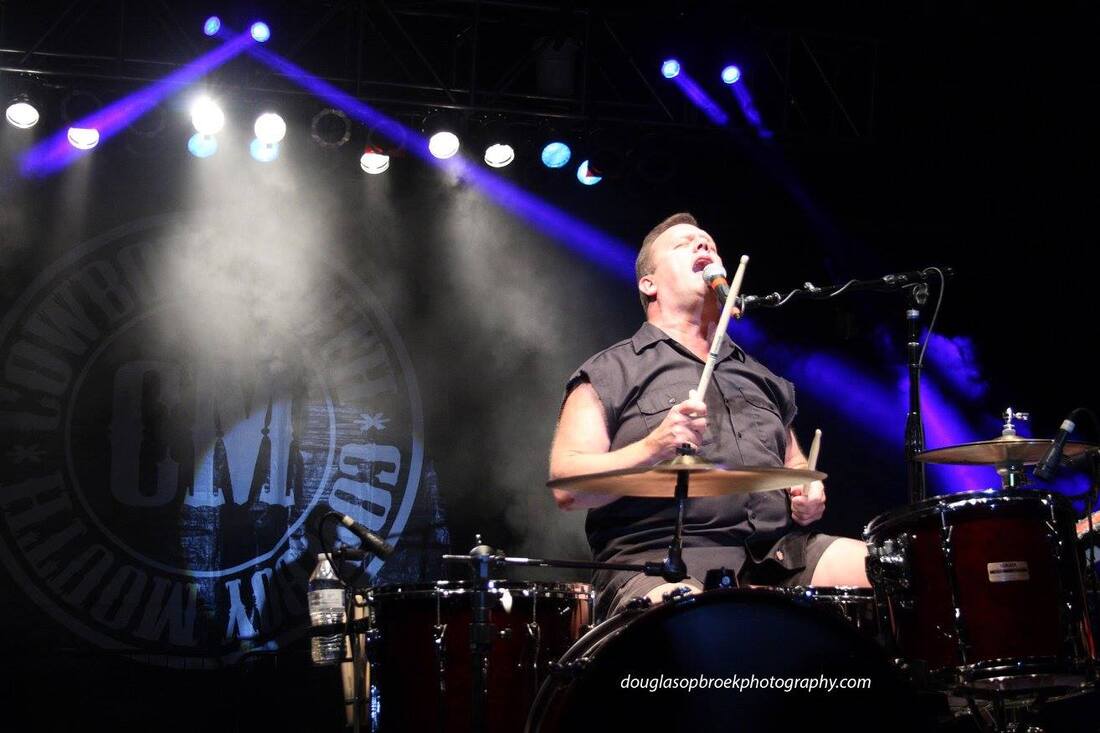
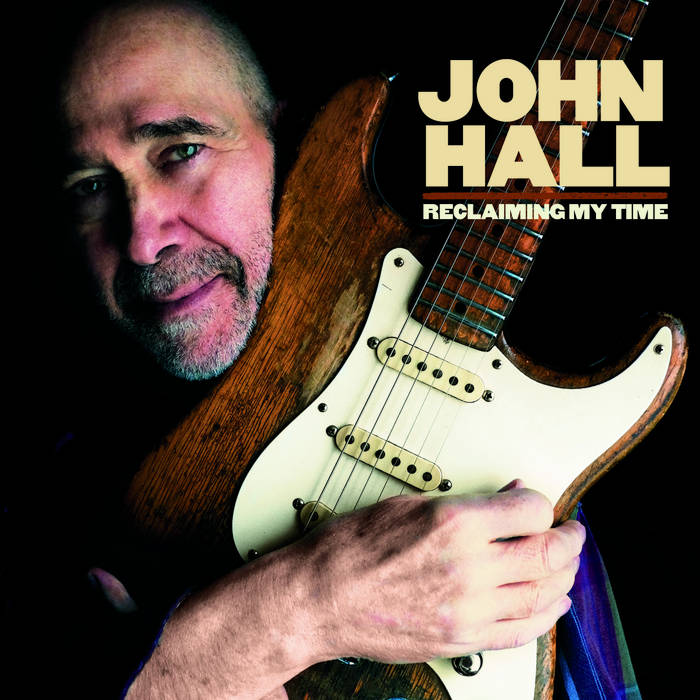

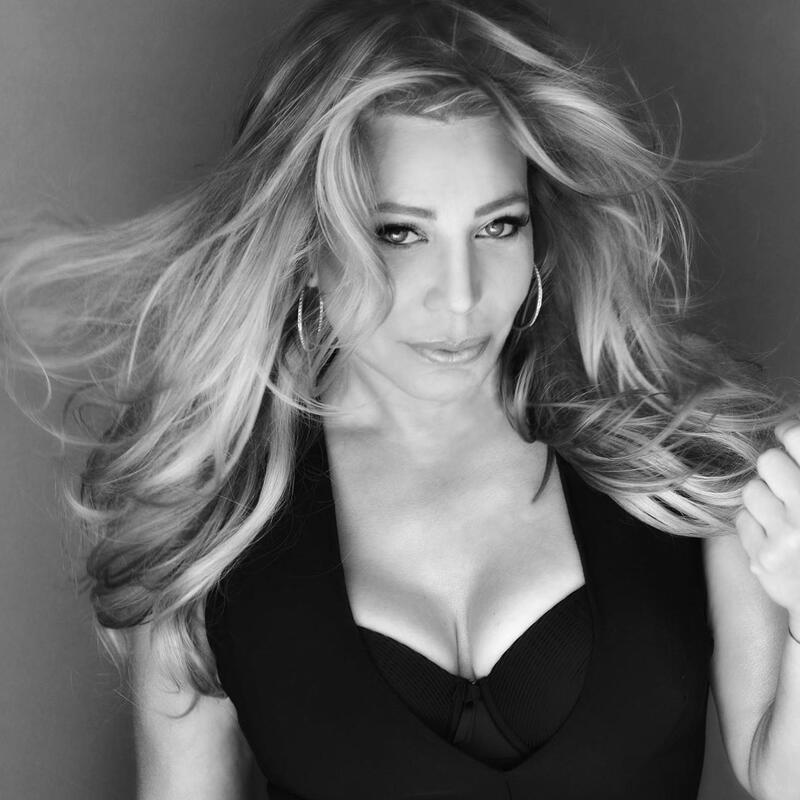

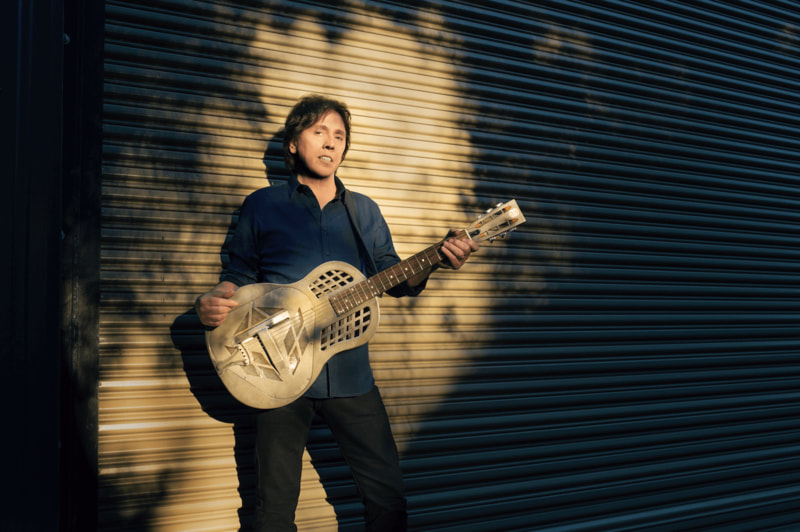
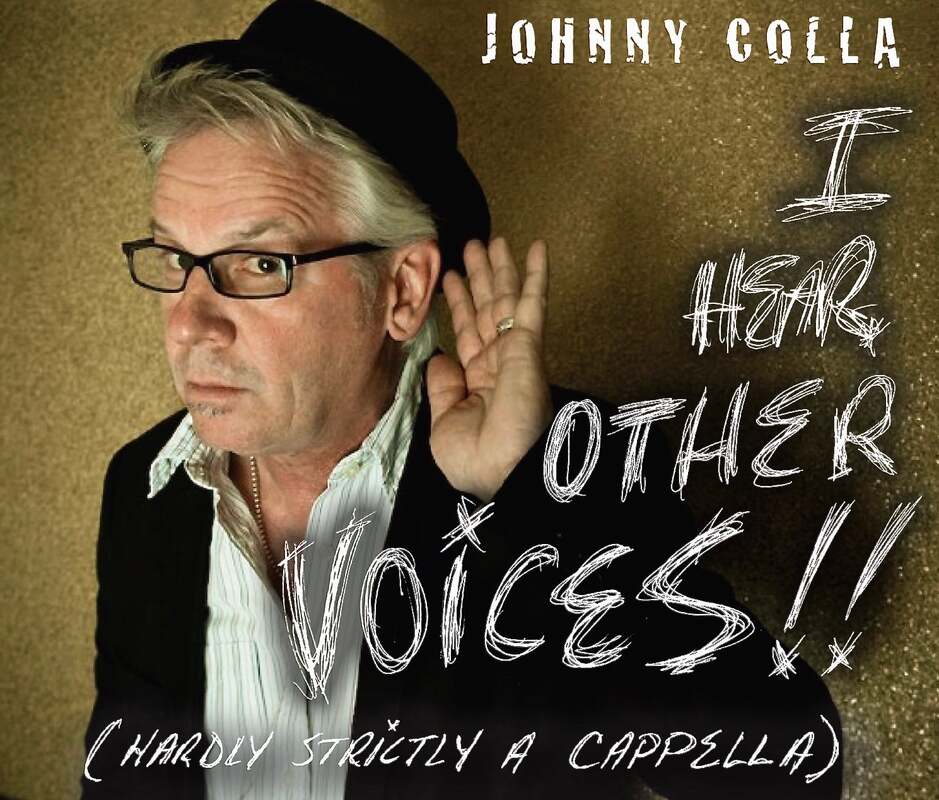
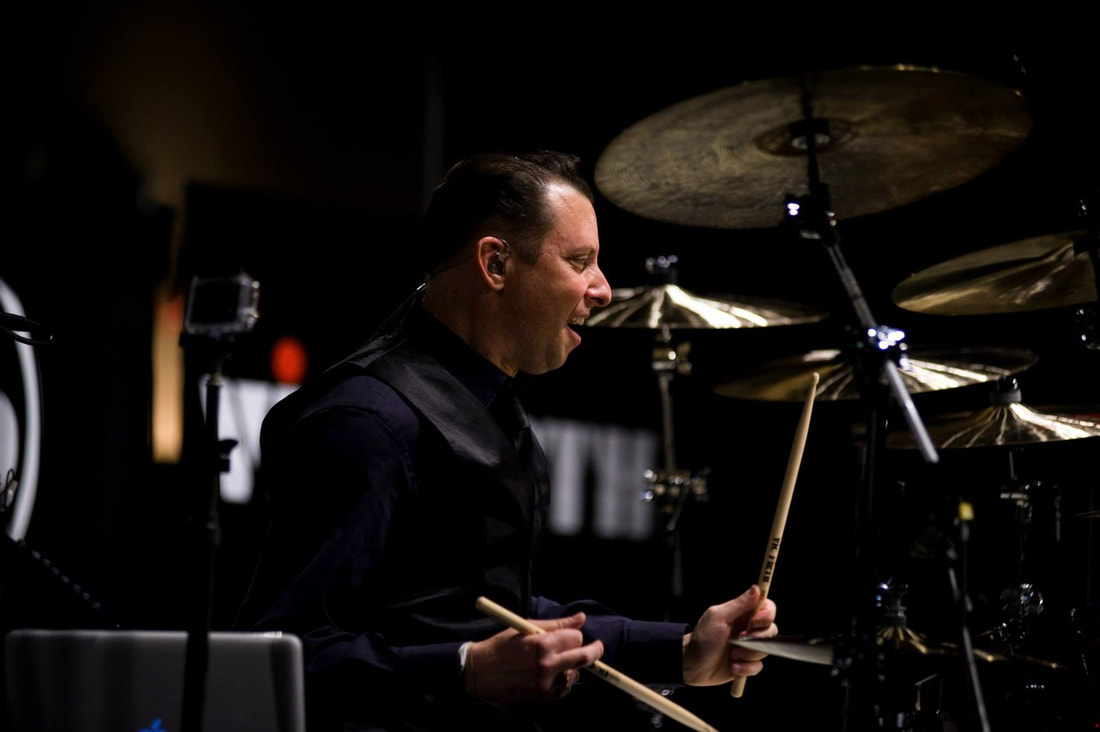
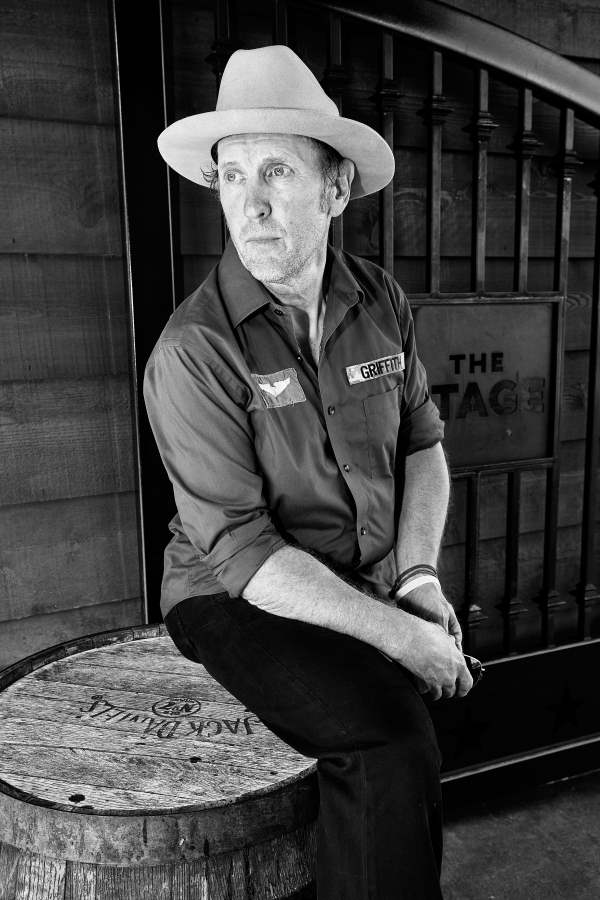
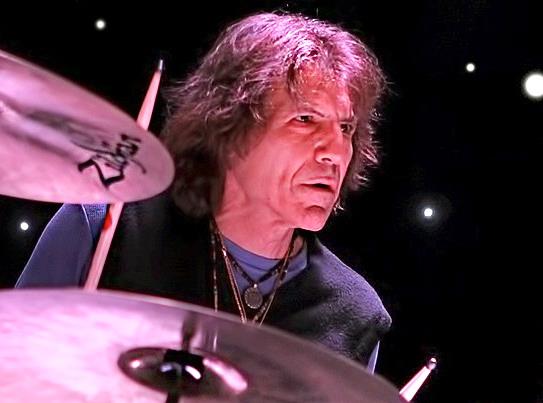
 RSS Feed
RSS Feed